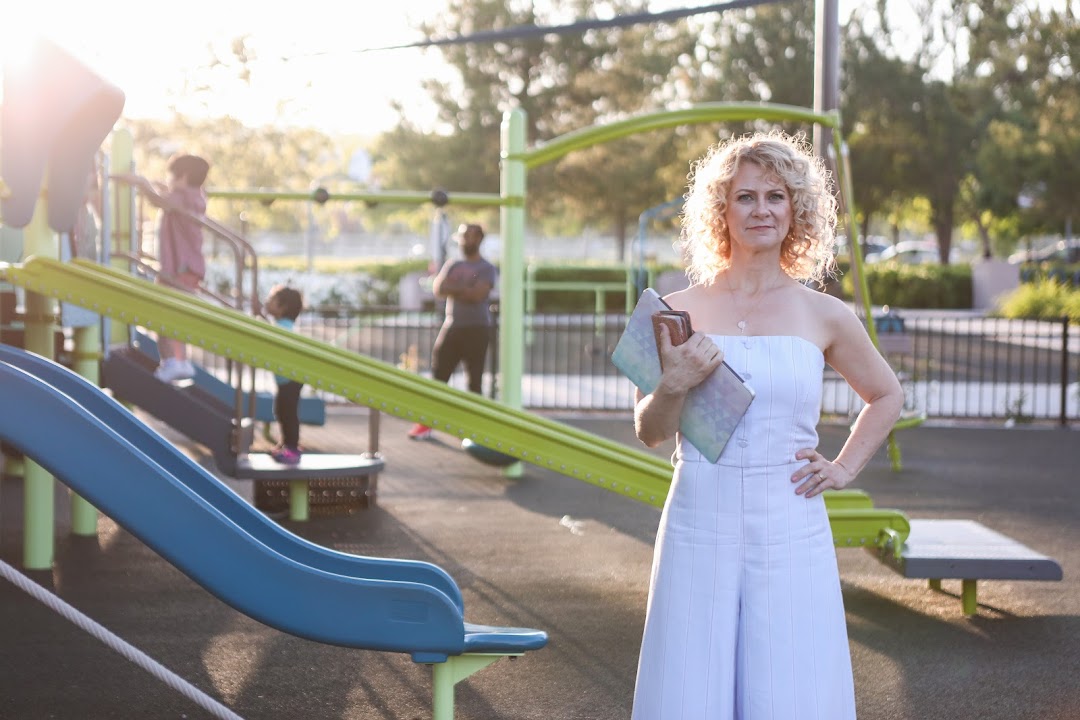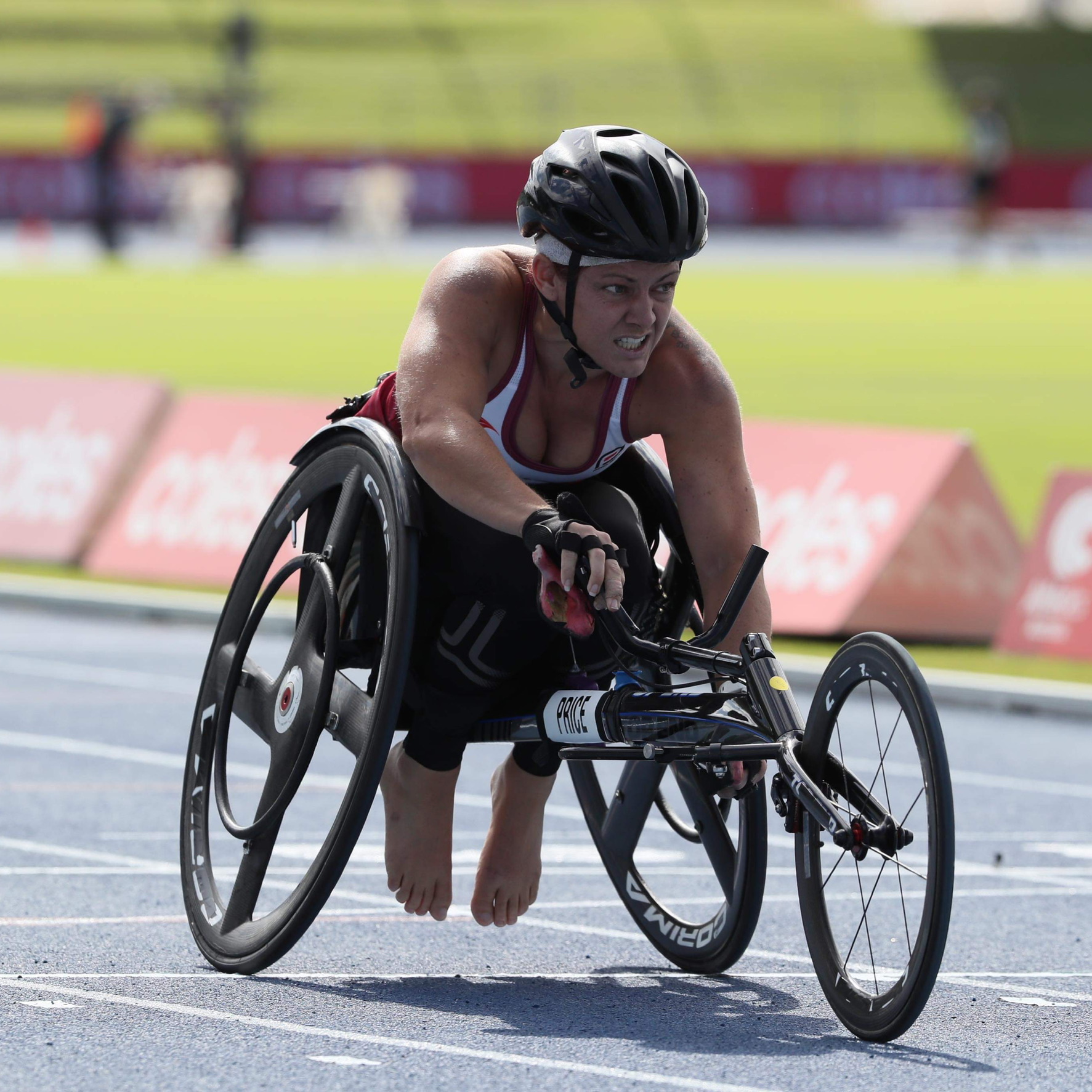The truth about pancreatic cancer
When Catherine Wines lost her appetite, she knew something wasn’t right.
“Besides my appetite loss, which was very unusual for me, my urine and stools weren’t normal, so I went to the doctor,” she tells This Is MedTech. “I had some blood tests and the doctor told me to go to A&E, where I had more tests, including a CT scan.”
The computed tomography (CT) scan is a medical technology that uses x-rays and a computer to create detailed pictures of the inside of your body from different angles. The scan showed a mass on Catherine’s pancreas that was causing her bile duct to be blocked. It was a huge blow. “One minute I thought I was healthy and the next minute I find out I have a tumour,” she says.
According to the charity Pancreatic Cancer UK, many patients are diagnosed late and 93% of people with the disease die within five years of diagnosis – making it eight-times deadlier than other common cancers like prostate, breast or bowel cancer. The symptoms are vague and vary in different people, but can include loss of appetite, unexpected weight loss, back pain, indigestion and changes to bowel habits.
Surgery was required immediately to insert a stent, a flexible metallic tube specially designed to hold open Catherine’s bile duct. Next was the cancer treatment, which involved chemotherapy and radiotherapy to shrink the tumour. “When I was diagnosed, they thought they might operate, but after doing another CT scan, doctors decided it was too risky,” explains Catherine. Instead, she started a course of chemotherapy followed by radiotherapy. “Although the tumour had got smaller, they still felt they couldn’t operate.”
Nearly a year since her diagnosis, Catherine is now undergoing a further course of chemotherapy with a different drug, after which doctors will do another CT scan to assess whether she can have surgery. Meanwhile, she’s busy raising awareness about pancreatic cancer by supporting Pancreatic Cancer UK’s Demand Survival Now campaign, as well as working to inform people about cancer in general.
“The earlier you deal with cancer, the better the outcome. It’s shocking that people don’t get regular scans like cervical screening and mammograms. Cancer is not always a death sentence. Survival rates are improving all the time,” she comments.
She notes that there’s a lot of ignorance about cancer. “When I told people about my diagnosis, I could see the fear and shock on their faces. We need to break down taboos and be more open about it in order to change attitudes and accept it, like we do with people who have heart disease or other illnesses,” she says.
Being a successful businesswoman, Catherine is also on a mission to educate employers. “There’s a mindset that you shouldn’t be seen, and you shouldn’t work. People thought it was strange that I wanted to work and carry on with my normal life. For me, staying active helps me keep a positive mental attitude. Employers need to prepare to be adaptable because it will benefit both the business and the person who’s ill.”
November is Pancreatic Cancer Awareness Month.






